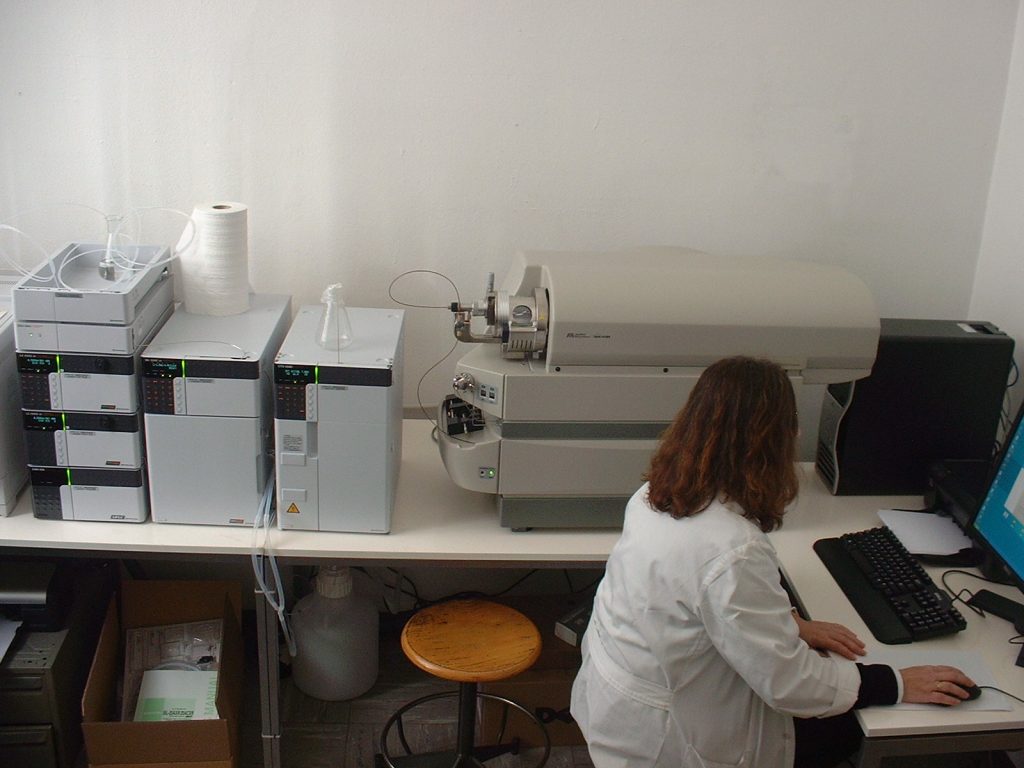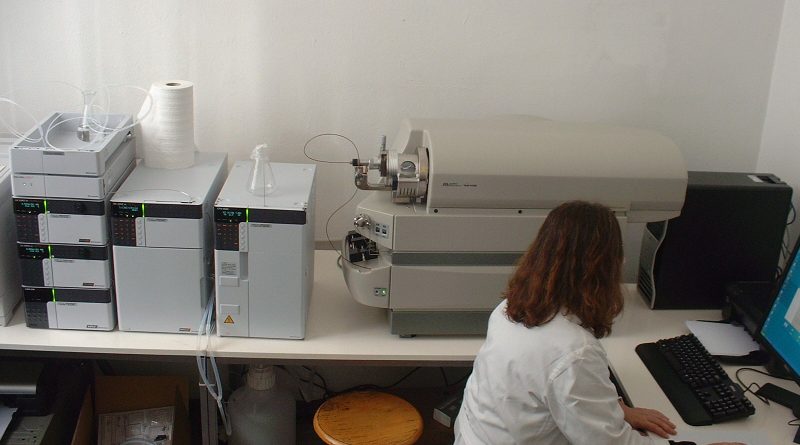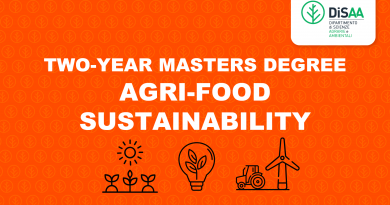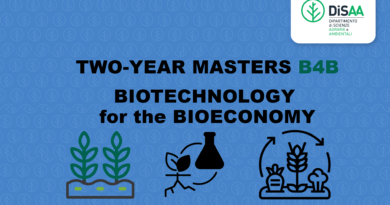IMPORTANT ROLE OF ANALYTICAL CHEMISTRY IN THE CIRCULAR ECONOMY OF THE BREWING INDUSTRY
Environmental and economic sustainability in a productive sector of high-consumption goods ascribe an important added value not only in terms of image, but also to the industrial management of transformation. In the particular case of brewing industry, the recycling that can make processes sustainable concern yeast biomasses, wastewater and spent grains. Only considering the masses of exhausted grains (BSG – Brewers’ Spent Grains), the annual production size reaches approximately 40 million tons, of which just under 10% pertain to the EU. Given the unprofitable BSG usage as animal food, energy-efficient uses have been adopted, such as those for the production of paper or of microbial biomasses and chemicals. Analytical chemistry contributes to the qualification of raw material to be processed and of derivatives produced both through the quantification of nutritional substances, or in any case of products worthy of employment, and through the identification of problems to be overcome due to raw material deterioration. An essential activity of analytical practices concerns the study of mycotoxin contaminations which occur in the processing phases. The topic of a study carried out by a group of researchers with various specialization, is the comparative analysis of the quality of vermicompost produced by Eisenia fetida: the researches have been the subject of a publication including various analytical themes of characterization through advanced and differentiated techniques.

BIBLIOGRAPHIC REFERENCE
Saba, S., Zara, G., Bianco, A., Garau, M., Bononi, M., Deroma, M., Pais, A., Budroni, M. (2019). Comparative analysis of vermicompost quality from brewers’ spent grain and cow manure by the red earthworm Eisenia fetida. Bioresource Technology, 293, 12219. DOI: 10.1016/j.biortech.2019.122019.




